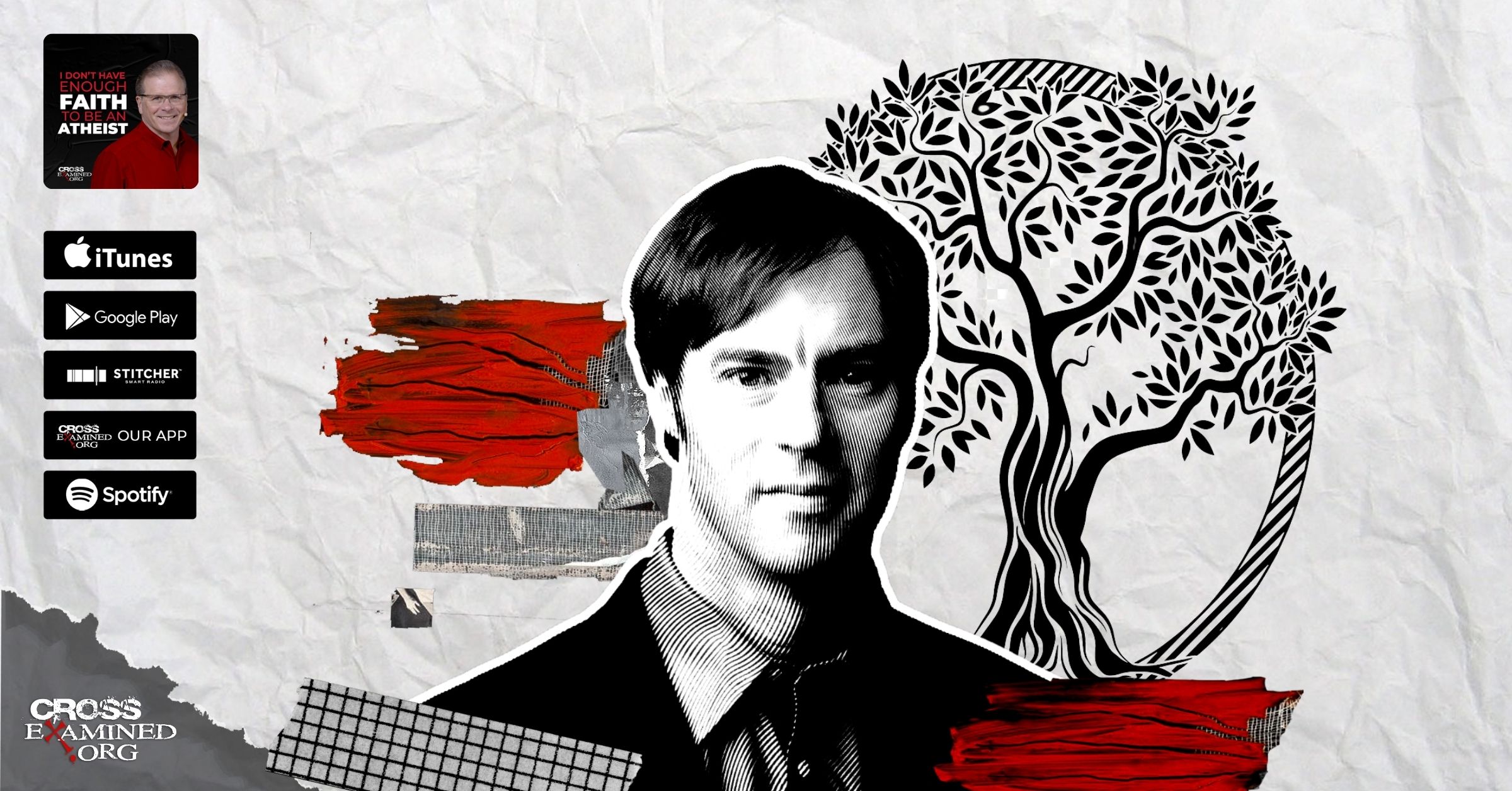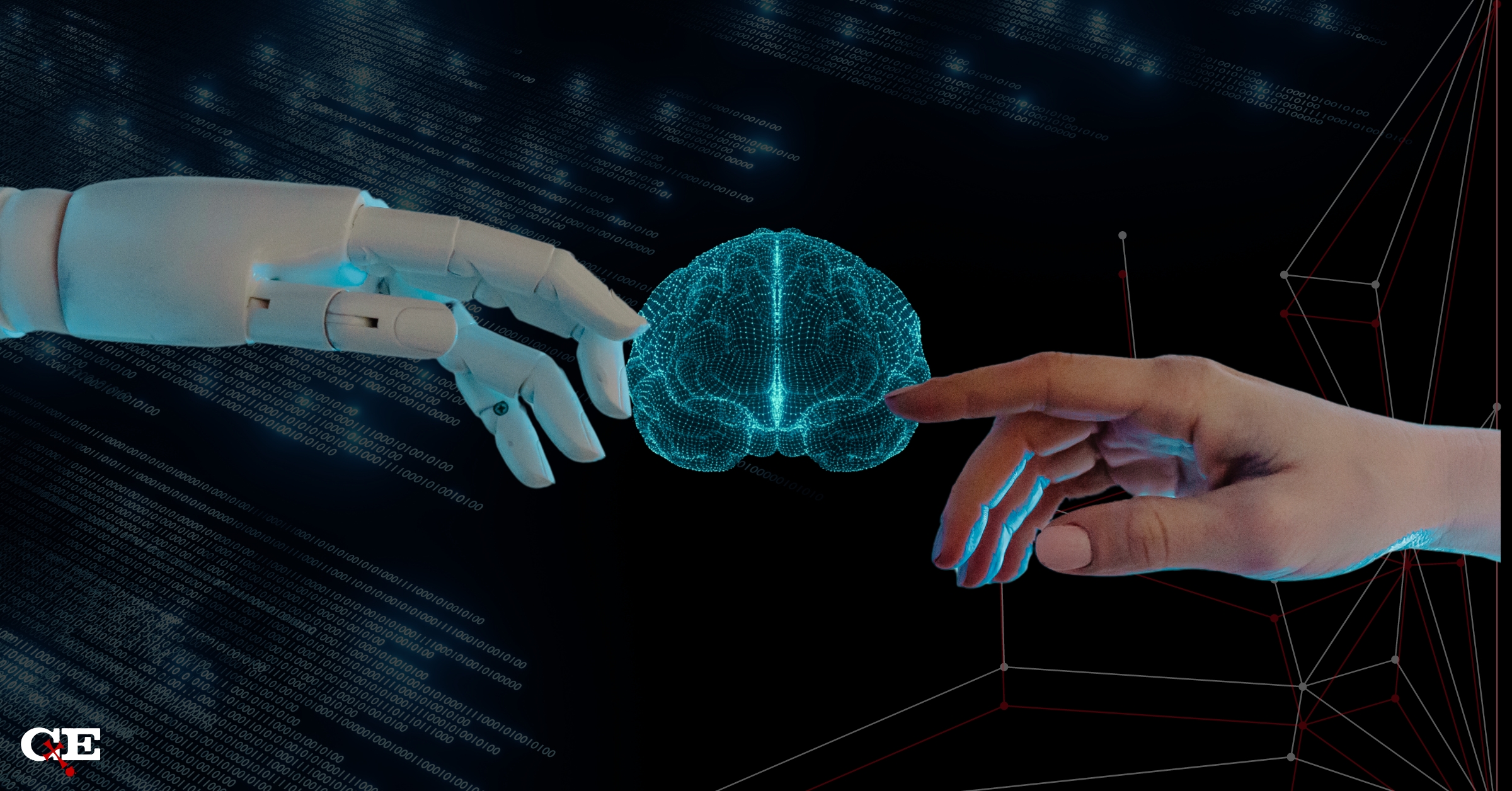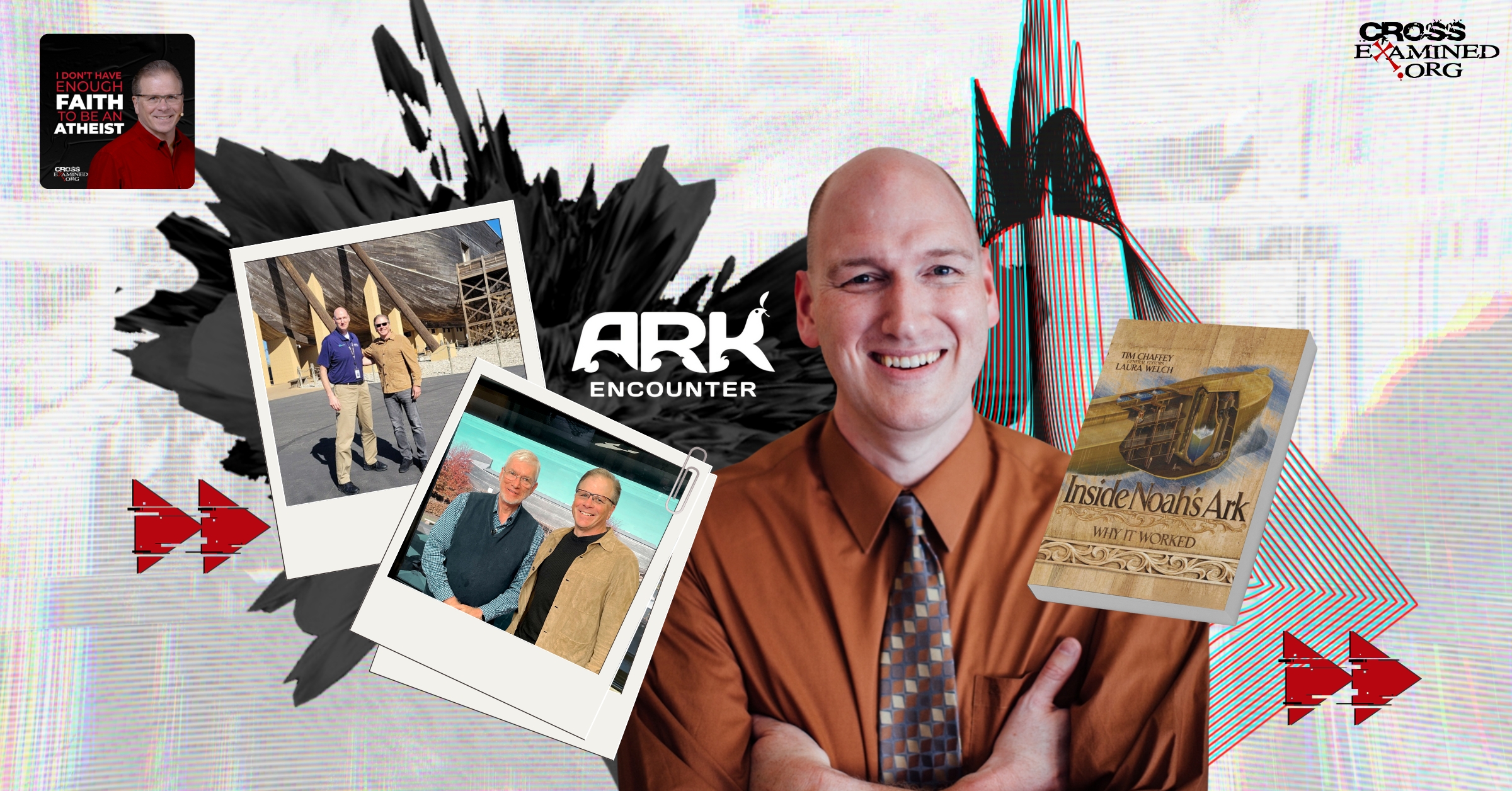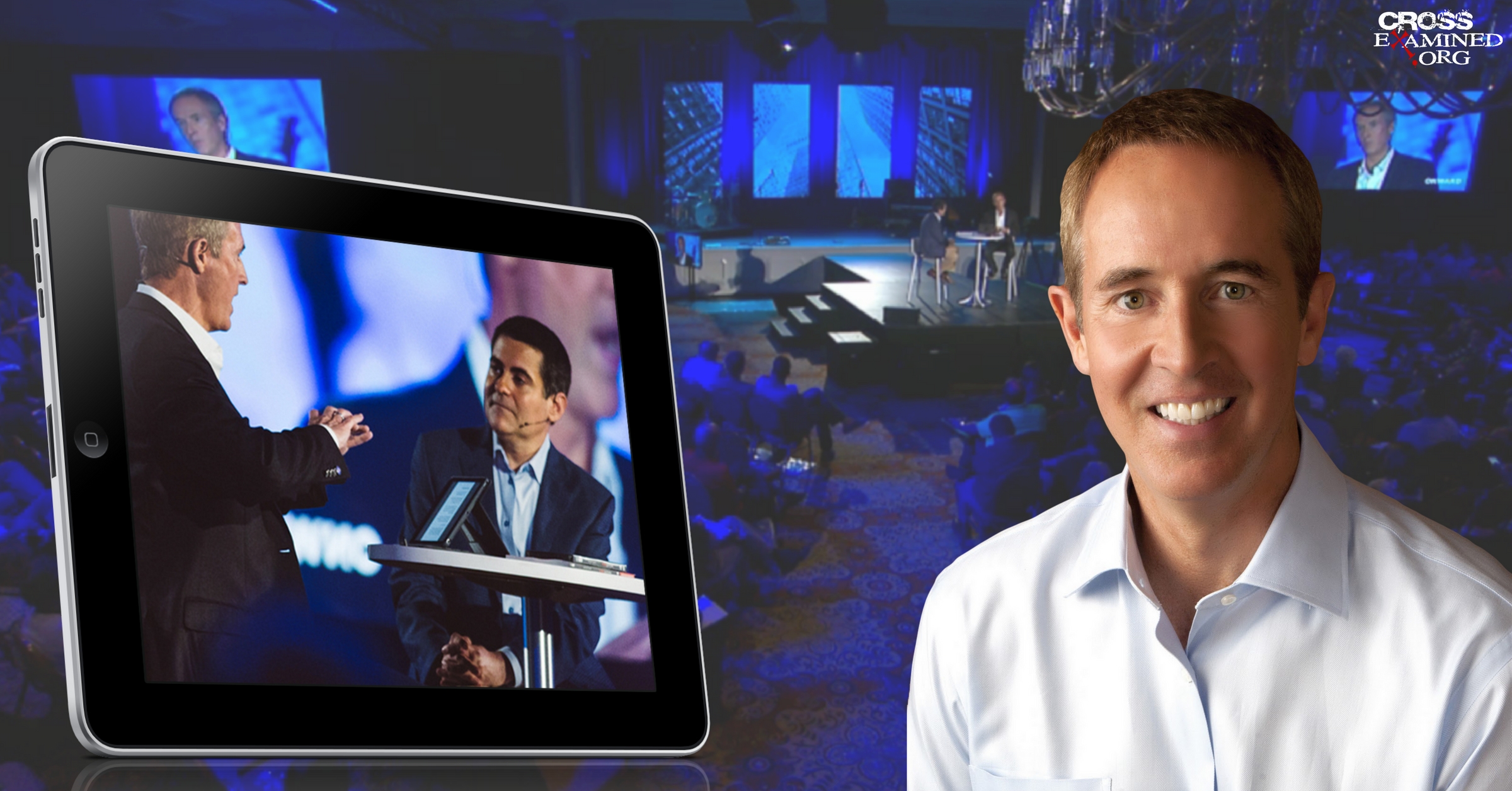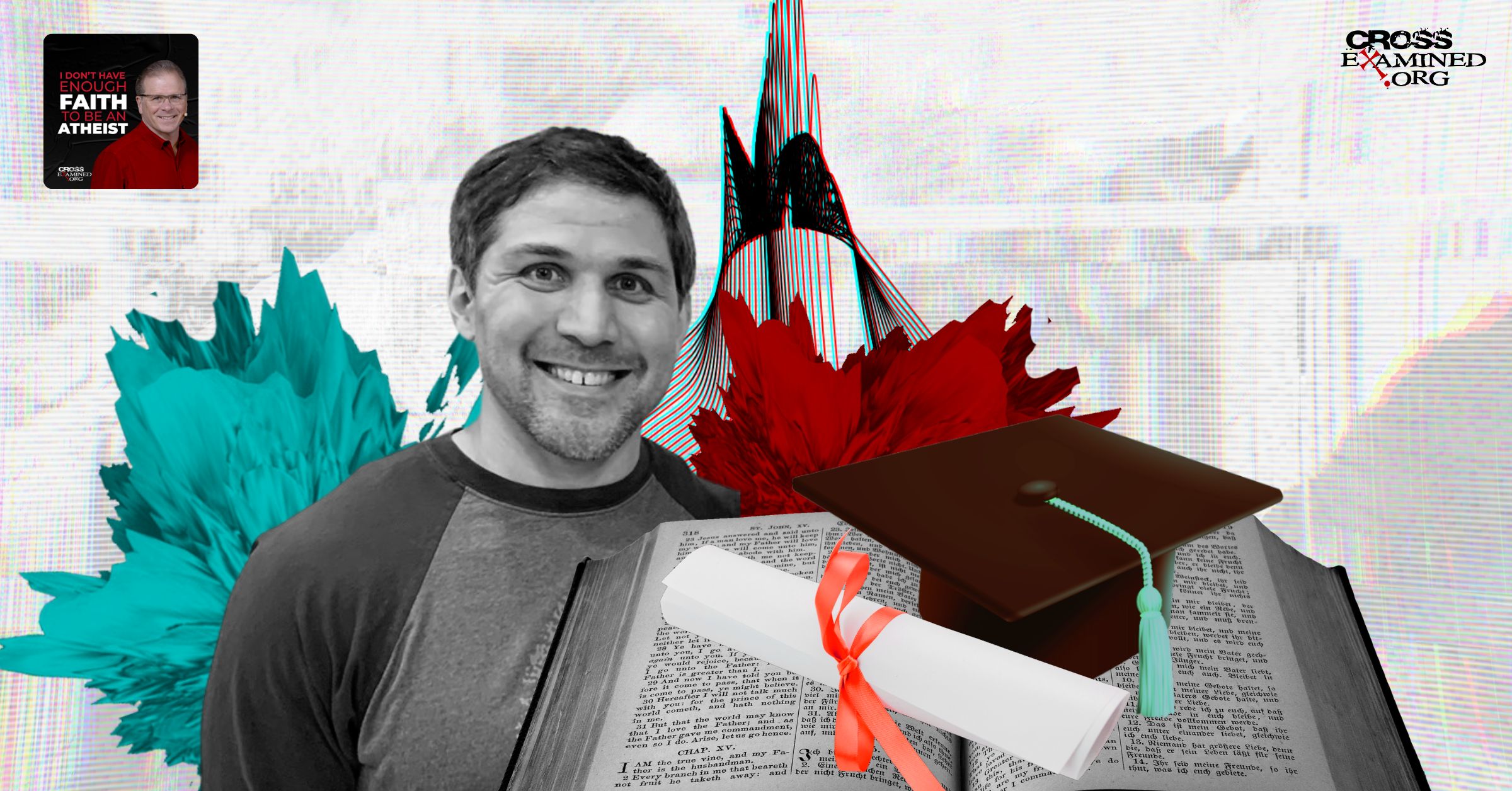Can A Perfect Being Create the Imperfect?
By Al Serrato
A common challenge raised by atheists is to point out the brokenness of the world and to use it as evidence that there cannot be a God. Your God is perfect, they reason, so why did he create such an imperfect place as this? They point to the natural suffering in the world, the harm that hurricanes and earthquakes can wreak on mortal and fragile human beings. They highlight too the evil that people, driven by their basest emotions, inflict upon their fellow human beings, from theft to murder and everything in between. How could a perfect God have ended up with this as his creation?
This is how one skeptic framed the argument:
“If something is perfect, nothing imperfect can come from it. Someone once said that bad fruit cannot come from a good tree, and yet this “perfect” God created a “perfect” universe which was rendered imperfect by the “perfect” humans. The ultimate source of imperfection is God. What is perfect cannot become imperfect, so humans must have been created imperfect. What is perfect cannot create anything imperfect, so God must be imperfect to have created these imperfect humans. A perfect God who creates imperfect humans is impossible.”
The logic being employed by this challenger appears valid. If something that is perfect can only create perfection, then the Christian God is disqualified, as we believe God to embody complete perfection but concede that this world, and its human inhabitants, are clearly not perfect. But the problem with this argument is not the logic; it is instead the assumptions that underly the stated premises. The challenger’s first sentence – that nothing imperfect can come from a perfect creator – is not proven. It is simply an assertion. For the argument to actually hold, there must be some support for the premise that a perfect being is “limited” in what it can do, namely, that such a being can only create perfection. But the very articulation of this notion betrays the problem embedded in the assertion: it purports to limit the power of a perfect being. In other words, immediately after acknowledging God’s infinite power – his perfection – the skeptic, himself an imperfect being, attempts to limit the types of things God can do.
But how could the skeptic possibly know what God can or cannot do? On what basis can he conclude that a limitless, all-powerful being is constrained in the options available to him? Certainly, the possibility that a perfect being could create something less than himself is not contradictory. The opposite, of course, would be true; an imperfect being would be unable to impart perfection to his creation, something that he himself does not possess. So, it would be contradictory to claim that an imperfect being could create God. But why would a greater being be unable create something that is lesser than himself?
But there is an even greater flaw embedded in the challenge. That is, the skeptic assumes that God set out to create a “perfect” universe and somehow failed. Let’s take a moment to examine this conclusion? What evidence does the skeptic rely upon relating to God’s purpose or to conclude that God failed to achieve this purpose? To arrive at such a conclusion, one would first have to know the intent of the creator. Is not “perfection,” or at the very least success, dependent upon what the actor had as his goal? After all, perfection denotes a quality or performance or attribute that cannot be surpassed. For example, perfect vision would mean vision that cannot be improved upon. But to know what perfect vision is, one would first have to know what is to be accomplished with vision. Is it simply seeing in daylight, or also in complete darkness or underwater? A perfect robot would be one that completed its assigned tasks flawlessly, on time and without any failures or breakdowns. But to measure such performance, the reviewer would first need to know what tasks have been assigned, what the time limit is and what constitutes a breakdown or failure. It is only when one first has in mind a clear understanding of the designer’s purpose that one can decide whether the creation in question has achieved the ends or purposes set for it.
To this, the challenger would no doubt respond that this universe is imperfect under any definition. But by this he would simply mean that things break, that health suffers, that people do evil, or other things of this nature. But of course this only follows if one first assumes that God set out to create “perfectly” functioning humans in a flawless universe. Was this God’s goal? Could it have been, to the contrary, that God had in mind a much different purpose, specifically, to allow for the development of beings who possess free will and who can experience true love, freely given? In other words, did he instead set out to create conscious, intelligent and self-aware beings who were actually capable of exercising free will, and by so doing, necessarily capable of rejecting him and doing evil? Could the struggles we face in this broken world be part of a process by which we are developed, and refined?
This is certainly possible. If free will is to have any meaning, then people must of course be free to do wrong and to harm others. They must be free to reject love and embrace hate. They must be free to reject the God who created them.
Christians believe that God is, ultimately, love, which we understand to be the commitment of the will directed toward the good of the other. Love must be freely given if it is to have meaning. A spouse who remains in a marriage out of fear, or desire for material benefit, does not love the other spouse. We all desire to be the object of another’s true love, and by that we certainly do not mean someone who “cares” because they are afraid to be caught not caring or whose “love” is purchased. There is no reason to believe that God views love any differently. Despite our imperfections and limitations, we remain free to seek God and to ask him to do the refining work in us that is necessary to make us ready, and able, to reunite with him. In other words, as we make our way through this broken and imperfect world, we have the ability, and the freedom, to learn to love and begin to reciprocate the love of the God who gave us life, and intelligence and self-awareness. And, by contrast, we also remain free to reject him.
With sufficiently clear vision, it is possible to see that creating a universe filled with robots and other perfectly functioning things would not have accomplished God’s actual purpose. Yes, life on Earth is messy and often filled with great pain and suffering, much of which we struggle in vain to understand. As we make our way through this vale of tears, we may not understand God’s purpose; indeed, it may seem to us limited beings that such suffering has no purpose. Understanding that God’s plan requires imperfection in the here and now, and the suffering that may come from that, may not bring us comfort in the short run. But contemplating what God has in store for us, what reuniting with a perfect being will entail, may help us begin to make sense of our lives…and better plan our future. For what God has in mind is so much more ambitious – and wonderful – than creating something that fits our definition of perfection.
Recommended resources related to the topic:
The Wounded Healer: Finding Ultimate Purpose in Your Suffering (crossexamined.org)
Why the Problem of Evil is a Problem (crossexamined.org)
https://crossexamined.org/is-a-perfect-being-possible/
How Old is the Universe? (DVD), (Mp3), and (Mp4 Download) by Dr. Frank Turek
God’s Crime Scene: Cold-Case…Evidence for a Divinely Created Universe (Paperback), (Mp4 Download), and (DVD Set) by J. Warner Wallace
____________________________________________________________________________________________________________________________________________________
Al Serrato earned his law degree from the University of California at Berkeley in 1985. He began his career as an FBI special agent before becoming a prosecutor in California, where he worked for 33 years. An introduction to CS Lewis’ works sparked his interest in Apologetics, which he has pursued for the past three decades. He got his start writing Apologetics with J. Warner Wallace and Pleaseconvinceme.com





